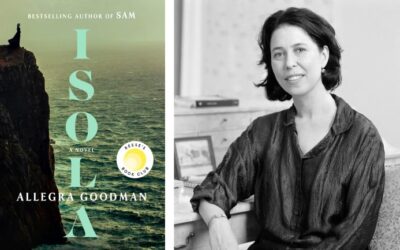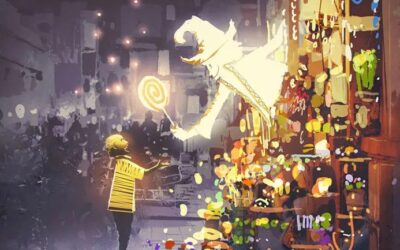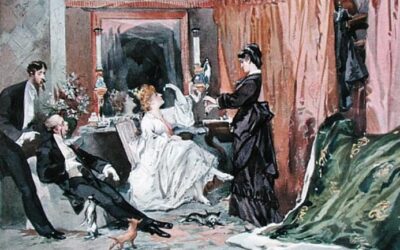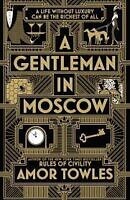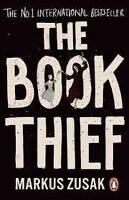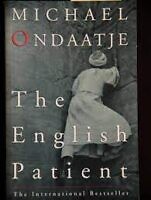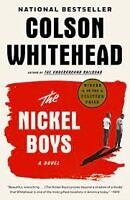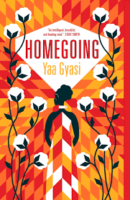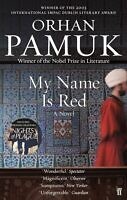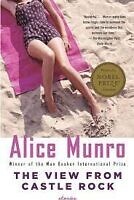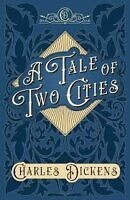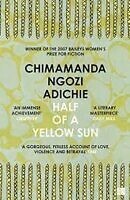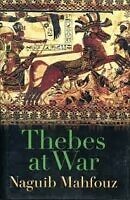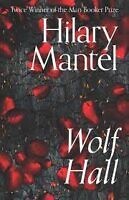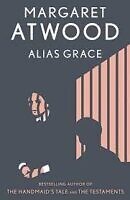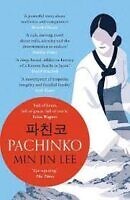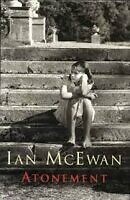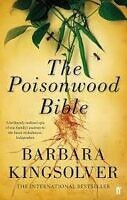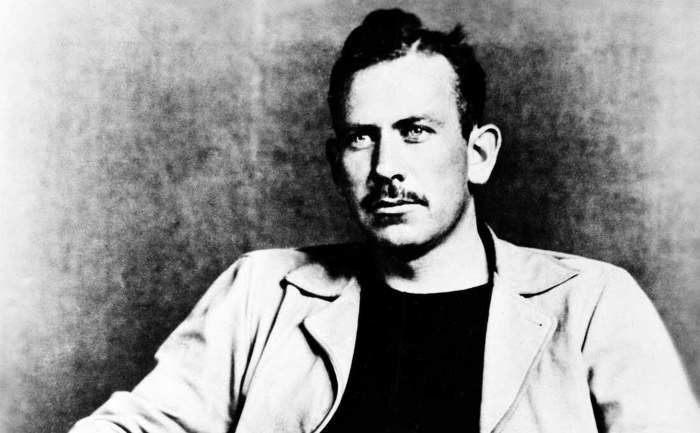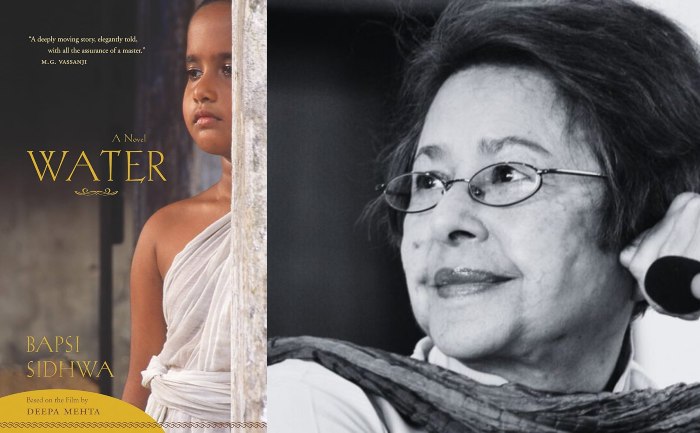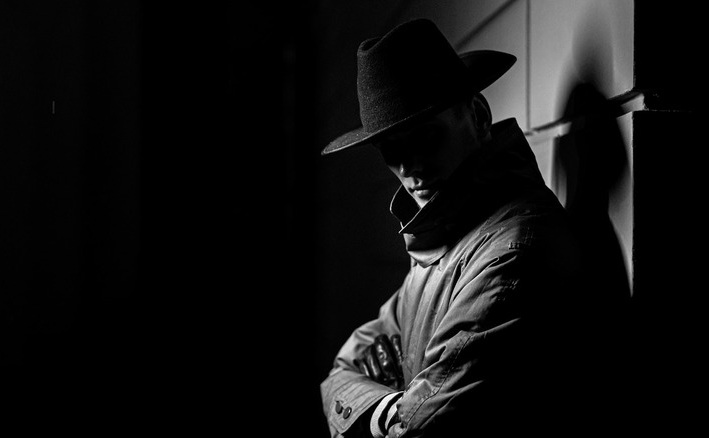15 Best Historical Fiction Books
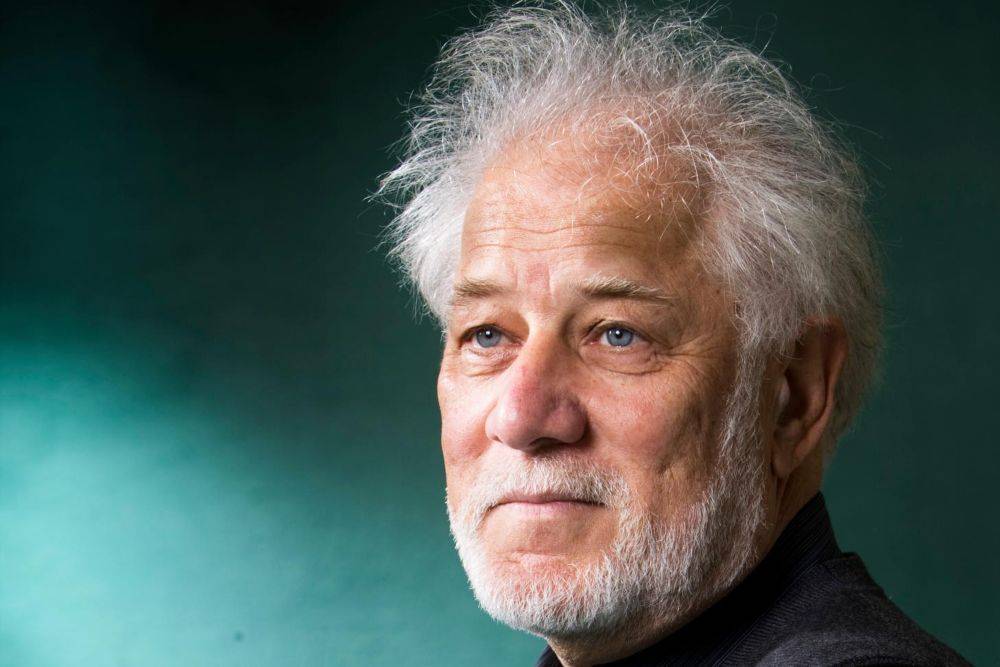 Michael Ondaatje (1)
Michael Ondaatje (1)
Historical Fiction is a story that takes readers to a time and place in the past. The idea is to take readers out of the events of their lifetime. Historical Fiction is set in a real place, during a culturally recognizable time. The details and the action in the story can be a mix of actual events and ones from the author’s imagination as they fill in the gaps.
This post may contain affiliate links that earn us a commission at no extra cost to you.
15 Best Historical Fiction Books
A Gentleman in Moscow by Amor Towles
The tale immerses us in an elegantly drawn era with the story of Count Alexander Rostov. When, in 1922, he is deemed an unrepentant aristocrat by a Bolshevik tribunal, the count is sentenced to house arrest in the Metropol, a grand hotel across the street from the Kremlin. Rostov, an indomitable man of erudition and wit, has never worked a day in his life, and must now live in an attic room while some of the most tumultuous decades in Russian history are unfolding outside the hotel’s doors. Unexpectedly, his reduced circumstances provide him a doorway into a much larger world of emotional discovery.
Brimming with humor, a glittering cast of characters, and one beautifully rendered scene after another, this singular novel casts a spell as it relates the count’s endeavor to gain a deeper understanding of what it means to be a man of purpose.
The Book Thief by Markus Zusak
It is 1939. In Nazi Germany, the country is holding its breath. Death has never been busier – and will become busier still.
By her brother’s graveside, nine year old Liesel’s life is changed forever when she picks up a single object, abandoned in the snow. It is The Gravedigger’s Handbook, and this is her first act of book thievery.
So begins Liesel’s love affair with books and words, and soon she is stealing from Nazi book-burnings, the mayor’s wife’s library . . . wherever there are books to be found. But these are dangerous times, and when Liesel’s foster family hides a Jew in their basement, nothing will ever be the same again.
In superbly crafted writing that burns with intensity, award-winning author Markus Zusak has given us one of the most enduring stories of our time.
The English Patient by Michael Ondaatje
Michael Ondaatje’s Booker Prize-winning novel traces the intersection of four damaged lives in an Italian villa at the end of World War II. Hana, the exhausted nurse; the maimed thief, Caravaggio; the wary sapper, Kip: each is haunted by the riddle of the English patient, the nameless, burned man who lies in an upstairs room and whose memories of passion, betrayal, and rescue illuminates this book like flashes of heat lightening.
In this masterful novel, he weaves a beautiful and light-handed prose through the mingled histories of people caught up in love and war. A rich and compelling work of historical fiction.
The Nickel Boys by Colson Whitehead
When Elwood Curtis, a black boy growing up in 1960s Tallahassee, is unfairly sentenced to a juvenile reformatory called the Nickel Academy, he finds himself trapped in a grotesque chamber of horrors. Elwood’s only salvation is his friendship with fellow “delinquent” Turner, which deepens despite Turner’s conviction that Elwood is hopelessly naive, that the world is crooked, and that the only way to survive is to scheme and avoid trouble. As life at the Academy becomes ever more perilous, the tension between Elwood’s ideals and Turner’s skepticism leads to a decision whose repercussions will echo down the decades.
A gripping and brilliant novel, Whitehead is one of the most daring and gifted authors writing today.
Homegoing by Yaa Gyasi
Ghana, eighteenth century: two half sisters are born into different villages, each unaware of the other. One will marry an Englishman and lead a life of comfort in the palatial rooms of the Cape Coast Castle. The other will be captured in a raid on her village, imprisoned in the very same castle, and sold into slavery.
Homegoing follows the parallel paths of these sisters and their descendants through eight generations: from the Gold Coast to the plantations of Mississippi, from the American Civil War to Jazz Age Harlem. Yaa Gyasi’s extraordinary novel illuminates slavery’s troubled legacy both for those who were taken and those who stayed—and shows how the memory of captivity has been inscribed on the soul of our nation.
My Name Is Red by Orhan Pamuk
Nobel Prize winner Orhan Pamuk’s My Name Is Red, set amid the artistic splendor and religious intrigue of sixteenth-century Istanbul, is a fantastical story of love and murder propelled by the philosophical puzzle at its core.
The Ottoman sultan has commissioned the most acclaimed artists in the land to create a great book celebrating the glories of his realm—but he wants them to illuminate it in the European style. Because there are those who believe art that imitates the real is an affront to Islam, the project must be kept secret.
Panic and scandal erupt when one of the chosen miniaturists disappears, along with a crucial page of the manuscript. the surviving artists—bitter rivals variously motivated by pride, greed, faith, and love—are all under suspicion of murder, and the only clue to the mystery lies in the half-finished illustrations themselves.
The View from Castle Rock by Alice Munro
Alice Munro has created stories based on her own past as well as by elaborating on the traces—letters, records, tombstones—left behind by her ancestors from Scotland who sailed for Canada in 1818.
In the title story, ten-year-old Andrew Laidlaw is taken by his father James to see the view of America—though later he learns that it’s really Fife—from Edinburgh’s Castle Rock. When the family takes ship for the new world, the father who had longed to leave Scotland becomes solidly a man of his homeland, nostalgic for the world he’s left behind. His daughter-in-law gives birth at sea, and his son becomes intimate with a young woman dying of tuberculosis. The immigrants struggle to create a new world for themselves, as their lives become a part of the history of the land they’ve settled.
The landscape, throughout, is marked with human toil and traces of habitation, and all its vanishing details—a cellar hole, a grave—hold the stories of those who lived there long ago. In The View from Castle Rock, Munro brings the passions, the labor and the yearnings of the dead to life again, allowing readers to recognize, in them, ourselves.
Tale of Two Cities by Charles Dickens
A Tale of Two Cities is a historical fiction novel that follows Manette, a French doctor imprisoned for 18 long years in Paris’s Bastille. Following his release, he goes to live in London with his daughter Lucie, who had never met him and believed him to be dead.
Set in London and Paris before and during the French Revolution and Reign of Terror, A Tale of Two Cities is a fictitious story that falls both into the historical and adventure genres. The famous book is one of the bestselling novels of all time, both for the atmosphere that Dickens’ creates and the tension he weaves. Full of love and brutality, A Tale of Two Cities exposes the highs and lows of humanity.
Half of a Yellow Sun by Chimamanda Ngozi Adichie
Half of a Yellow Sun recreates a seminal moment in modern African history: Biafra’s impassioned struggle to establish an independent republic in Nigeria and the chilling violence that followed.
With astonishing empathy and the effortless grace of a natural storyteller, Chimamanda Ngozi Adichie weaves together the lives of three characters swept up in the turbulence of the decade.
Epic, ambitious, and triumphantly realized, Half of a Yellow Sun is a remarkable novel about moral responsibility, about the end of colonialism, about ethnic allegiances, about class and race—and about the ways in which love can complicate them all.
Thebes at War by Naguib Mahfouz
After 200 years of occupation, the Hyksos leader in his capital in northern Egypt tells Pharaoh in the south that the roaring of the sacred hippopotami at Thebes is keeping him awake at night and demands that they be killed, galvanizing Egypt into hurling its armies into a struggle to drive the barbarians from its sacred soil forever.
In battle scenes that pit chariot against chariot and doughty swordsman against doughty swordsman, and through his sensitive portrait of Ahmose, the young pharaoh whose genius brings this epic to its climax, Mahfouz dramatically depicts the Egyptian people’s undying loyalty to their land and religion and their refusal to bow to outside domination.
This is not just a tale of ancient, clashing armies. When Mafouz was writing this novel in 1939, other outsiders, British and Turkish, held sway over the land of Egypt, and its inhabitants were engaged in a struggle against a foreign annexation of their land that mirrored that of their ancestors.
Wolf Hall by Hilary Mantel
England in the 1520s is a heartbeat from disaster. If the king dies without a male heir, the country could be destroyed by civil war. Henry VIII wants to annul his marriage of twenty years and marry Anne Boleyn. The pope and most of Europe opposes him. Into this impasse steps Thomas Cromwell: a wholly original man, a charmer and a bully, both idealist and opportunist, astute in reading people, and implacable in his ambition. But Henry is volatile: one day tender, one day murderous. Cromwell helps him break the opposition, but what will be the price of his triumph?
Alias Grace by Margaret Atwood
Atwood based Alias Grace on a true story. The celebrated murderess, young Grace Marks, was a real person in Canada in 1843. She was arrested, along with a man named James McDermott, accused of murdering their employer, Thomas Kinnear, and his pregnant housekeeper-mistress Nancy Montgomery.
Grace told three different versions of the murder throughout the trial and was sentenced to life in prison, while McDermott hung. In the novel, Doctor Simon Jordan makes it his mission to lead Grace through her life leading up the day of the murders. The question remains: was Grace telling the truth in any of her questionable versions? Did she knowingly participate in the deaths of two innocents and one unborn child? Why can’t she seem to remember the events, but remember dressing in the dead woman’s clothing and escaping to the US?
Pachinko by Min Jin Lee
Pachinko follows one Korean family through the generations, beginning in early 1900s Korea with Sunja, the prized daughter of a poor yet proud family, whose unplanned pregnancy threatens to shame them all. Deserted by her lover, Sunja is saved when a young tubercular minister offers to marry and bring her to Japan.
So begins a sweeping saga of an exceptional family in exile from its homeland and caught in the indifferent arc of history. Through desperate struggles and hard-won triumphs, its members are bound together by deep roots as they face enduring questions of faith, family, and identity.
Atonement by Ian McEwan
On the hottest day of the summer of 1935, thirteen-year-old Briony Tallis sees her sister Cecilia strip off her clothes and plunge into the fountain in the garden of their country house.
Watching her too is Robbie Turner who, like Cecilia, has recently come down from Cambridge. By the end of that day, the lives of all three will have been changed for ever, as Briony commits a crime for which she will spend the rest of her life trying to atone.
Brilliant and utterly enthralling in its depiction of childhood, love and war, England and class, Atonement is a profoundly moving exploration of shame and forgiveness and the difficulty of absolution.
The Poisonwood Bible by Barbara Kingsolver
Although The Poisonwood Bible takes place in the former Belgian Congo and begins in 1959 and ends in the 1990s, Barbara Kingsolver’s powerful new book is a tale of sin and redemption, and the dark necessity of history.
The Poisonwood Bible is narrated by the wife and four daughters of Nathan Price, a fierce evangelical Baptist who takes his family and mission to the Belgian Congo in 1959. They carry with them all they believe they will need from home, but soon find that all of it―from garden seeds to Scripture―is calamitously transformed on African soil.
If you enjoyed our reading list of Historical Fiction then check out our Best Alternative History selections to.


